Xinhua Headlines: Undying efforts to achieve global recognition of Nanjing Massacre
Source: Xinhua
Editor: huaxia
2024-12-13 20:35:47
* Many believe the Nanjing Massacre remains less recognized in the West compared to other WWII atrocities.
* On Dec. 13, 1937, Japanese troops captured Nanjing, starting six weeks of devastation that killed an estimated 300,000 civilians and unarmed soldiers.
* In 2014, China's top legislature designated Dec. 13 as the national memorial day for the victims.
by Xinhua writers Cheng Lu, Bai Xu and Qiu Bingqing
NANJING, Dec. 13 (Xinhua) -- For 20 years, Chinese-American man Lu Zhaoning has made an annual pilgrimage almost every December, traveling from his home in the United States to his birthplace of Nanjing, a city scarred by the horrors of World War II.
In his suitcase lie fragile relics -- newspapers, photos and letters -- fragments of global memory that testify to the atrocities of Japanese invaders in China, including the Nanjing Massacre, one of the war's darkest chapters.
The atrocities began on Dec. 13, 1937, when Japanese troops captured the then-Chinese capital, unleashing six weeks of devastation that claimed the lives of an estimated 300,000 civilians and unarmed soldiers.
"With each passing day, history slips further away," the 60-year-old told Xinhua. "Artifacts are vanishing under the weight of time. It's my duty to safeguard these stories and ensure they're never forgotten."
GLOBAL GUARDIANS OF HISTORY
Chinese-American author Iris Chang published her book "The Rape of Nanking: The Forgotten Holocaust of World War II" in 1997, giving the Western world a glimpse of what happened in China that chilly winter.
"She was deeply distressed by the hardships of the survivors, many of whom carried lifelong physical and emotional scars," said Yang Xiaming, a translator for the late author during her 20-day research trip to Nanjing.
"She even expressed a desire to study law and fight for their rights," Yang recalled.
Chang's bestseller brought widespread global attention to the massacre, inspiring many like Lu Zhaoning to delve deeper into this dark chapter in history.
When Lu's family immigrated to the United States in 1980, he was 16 and rarely discussed the topic. But a deeper exploration revealed a family tragedy: his grandfather's brother was bayoneted to death by Japanese troops. His name now stands among over 10,660 others on the "wailing wall" outside the Memorial Hall of the Victims in Nanjing Massacre by Japanese Invaders.
Over the decades, Lu has donated more than 3,000 artifacts and materials to museums and institutions. Among his most treasured pieces are a Japanese veteran's log detailing how Chinese soldiers were burned alive on a mountain, and a photo, snapped by an American, showing three children lying lifeless on a Nanjing street after a bombing raid.
"I spent about four hours a day browsing websites, hunting for historical materials, and joining auctions," said Lu, a retired construction inspector from a New York-based power company. "Sometimes I had to stop. I feared I'd be consumed by despair."
What gives Lu reassurance is China's dedication to preserving the memory of the massacre at a national level.
In 2014, China's top legislature designated Dec. 13 as the national memorial day for the victims of the Nanjing Massacre. Decades earlier, the Memorial Hall of the Victims in Nanjing Massacre by Japanese Invaders opened in 1985.
With over 194,000 cultural relics, the hall stands as a reminder of history, hosting the annual national memorial ceremony and drawing around 5 million visitors annually. It has also organized academic conferences and exhibitions in countries such as the United States, Japan and France, according to former curator Zhu Chengshan.
Thomas Rabe, grandson of German businessman John Rabe, is among those committed to preserving this history. During the massacre, the elder Rabe joined other foreigners to establish an international safety zone, saving over 250,000 Chinese lives. His diaries remain one of the most comprehensive historical records of the atrocity.
Thomas Rabe donated the original manuscripts of his grandfather's Nanjing diaries to China's National Archives Administration. He also authored the book "Rabe and China," and alongside his wife, established six John Rabe Communication Centers worldwide.
Thousands of kilometers away in Melbourne, Australia, 66-year-old photographer Chris Magee is on a similar mission. His grandfather John Magee, an American missionary, covertly recorded 105 minutes of footage documenting the barbarity of Japanese invaders in Nanjing. This footage is thought to be the only film record of the massacre.
Chris Magee's connection to this legacy deepened during his first visit to Nanjing for the documentary "The Girl and the Picture." The film, which tells the story of Xia Shuqin, one of the 32 registered survivors of the Nanjing Massacre still alive, earned several awards at American film festivals.
Magee has since visited Nanjing multiple times, retracing his grandfather's footsteps and capturing the transformation of the city through his own lens.
"It is important to remember the history," he said in an email to Xinhua. "Otherwise, it will keep repeating, as we have seen and still see today."
A FORGOTTEN CHAPTER
Many believe the Nanjing Massacre remains less recognized in the West compared to other WWII atrocities. It wasn't until 2015 -- 78 years after the event -- that its records were inscribed into UNESCO's Memory of the World Register. In contrast, Poland's Auschwitz concentration camp gained UNESCO World Heritage status as early as 1979.
Chris Magee recalled taking a Chinese history course in high school in the United States where the massacre was not mentioned in the textbooks. "People around me are generally unaware of the massacre unless they are friends who know my family history," he said.
John Rabe's great-grandson, Christoph Reinhardt, observed a similar disparity, saying that although Chinese visitors often leave flowers at Rabe's grave, he remains relatively unknown in Europe.
"Nanjing doesn't make headlines in Europe, and John Rabe is not a well-known hero here," Reinhardt told Xinhua. "Western media companies are, to this day, heavily influenced by American perspectives. There was no room for news from China."
"China was the first country to face the onslaught from the Axis Powers in 1937, two years before Britain and France, and four years before the United States," wrote British historian Rana Mitter in his book "Forgotten Ally: China's World War II, 1937-1945."
Historians and experts argue that Western narratives often downplay China's role during World War II, while Japanese right-wing forces have shown no remorse for their country's wartime actions and often attempt to whitewash its war crimes.
Chinese writer Yang Xiaoyan advocates for visual storytelling to raise awareness. "Films like 'Schindler's List' raised global awareness of the Holocaust. We need similarly powerful narratives about the Nanjing Massacre," she said.
Her view is echoed by Marcin Tomasz Damek, a Polish student who studies Chinese history in Nanjing. He advocates leveraging new media and short videos to make the Nanjing Massacre known by younger audiences, and connecting Nanjing's story with broader narratives to build a global understanding.
When asked why it remains crucial to remember the massacre, he said: "For communities, it's a way to heal trauma. For historians, it's about knowing better the past. For educators, it's an essential lesson to prevent the recurrence of such tragedies."
Lu Zhaoning takes pride in helping even one of his American colleagues or his barber understand what happened 87 years ago in a city over 11,000 kilometers away.
"It's not about fostering hatred," he said. "It's about helping everyone realize how invaluable peace truly is."
(Xinhua reporters Chu Yi, Jiang Fang, Jiang Wenxi and intern Tang Min'an also contribute to the story. Video reporters: Yu Weiya, Deng Hansi, Xia Peng, Lin Kai and Gao Han; Video editors: Hong Yan, Zak Zuzanna and Luo Hui.) ■


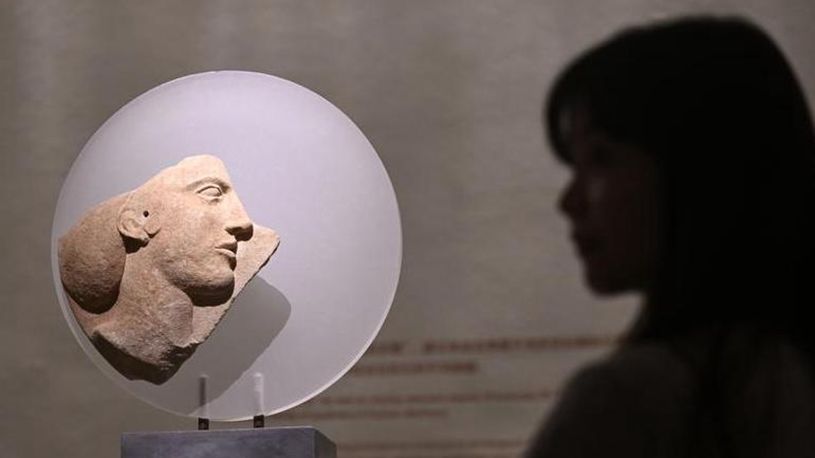
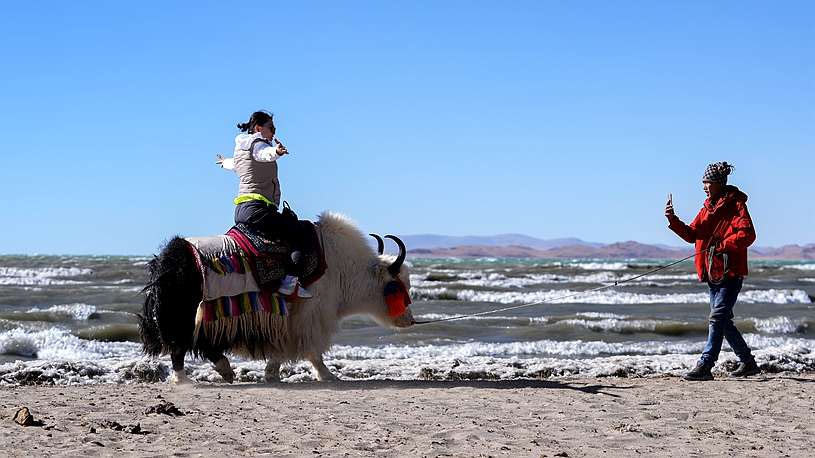
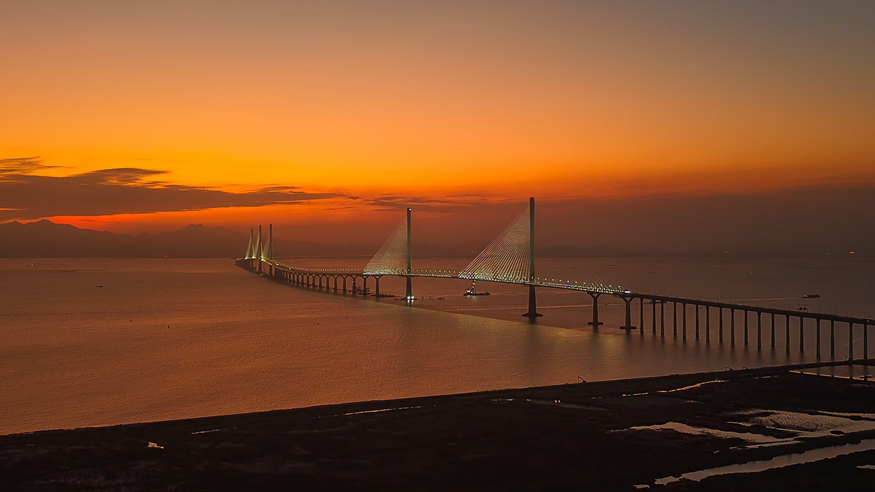

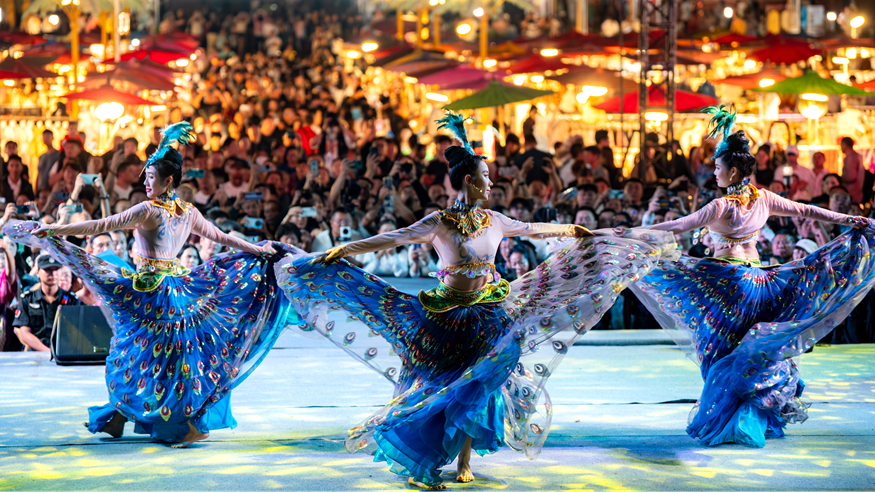
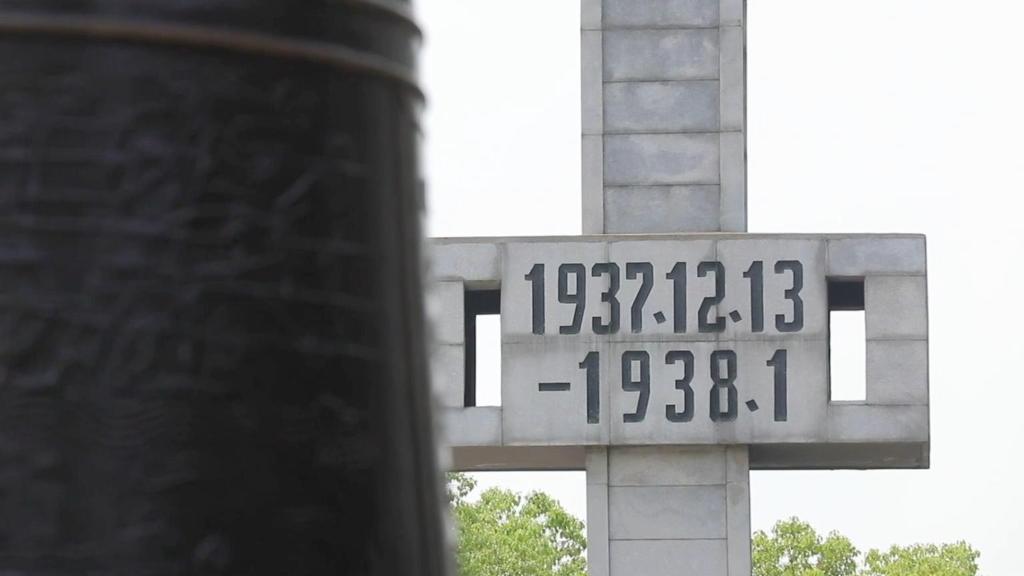
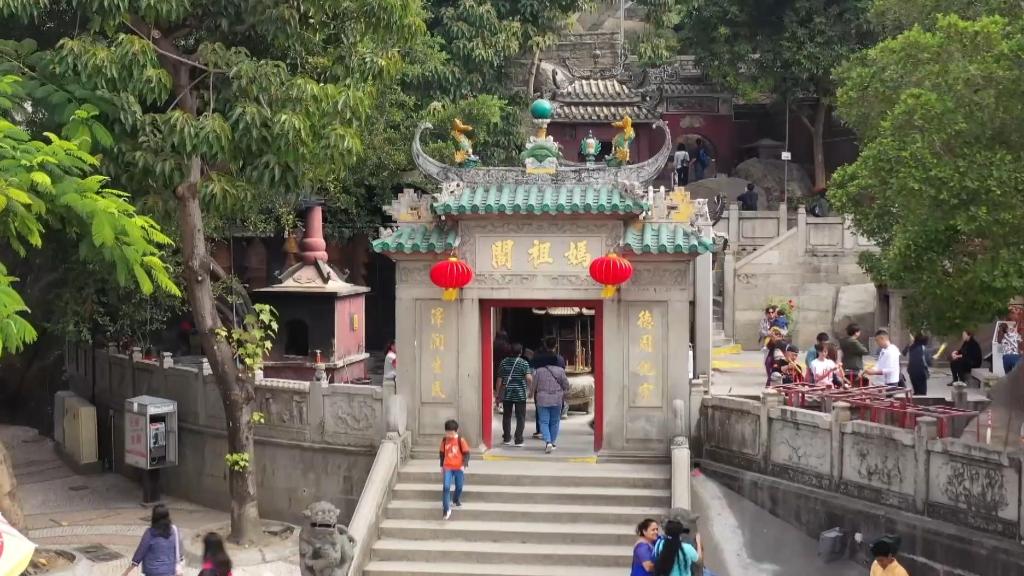
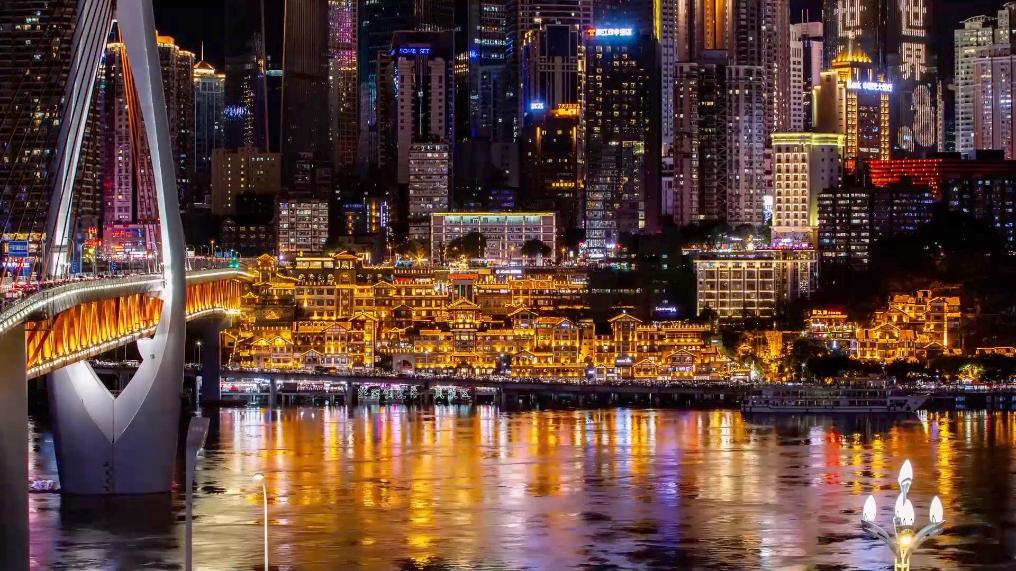



Comments